General Dentistry
Fillings
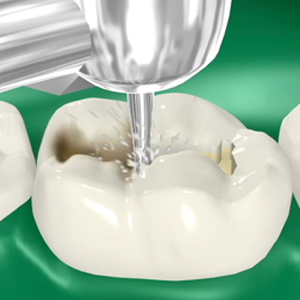
In the past, cavities could only be treated with unsightly metal fillings that are alloys for silver and mercury. These fillings, especially when close to the front of the mouth, are highly noticeable and unaesthetic. Sometimes, the filling is so large that it causes discoloration of the entire tooth. These fillings (or restorations) often weaken teeth due to the large amount of the original tooth that has to be removed. Also there is a risk of Mercury poisoning that is used in the filling. Modern dentistry has increasingly turned to Tooth colored or composite fillings as a strong, safe and more natural looking alternative. Composite fillings utilize a soft white plastic substance that is hardened with a blue light.
Inlays
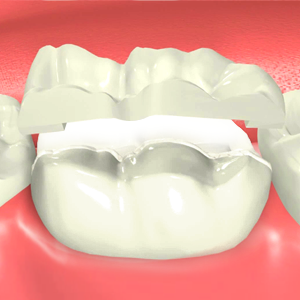
Replacing large fillings in back teeth often requires stronger, more precisely contoured restorations. These are called inlays or onlays depending on whether they are being placed inside the tooth or on its outer surface. These restorations need to be custom-made at an off-site dental lab; therefore, two visits may be required. Once the dental office receives the custom inlay or onlay, the patient returns to the dentist's office, where the restorations are bonded into place.
Onlays
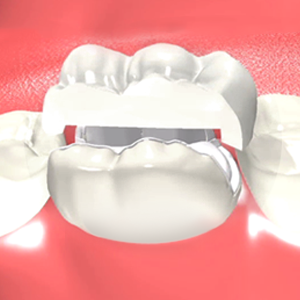
Onlays protect teeth similarly to crowns, but conserve more natural tooth structure. Onlays should provide decades of service. Our Doctor has restored beauty and function to the teeth of thousands of patients through the placement of custom-crafted inlays and onlays.
Root Canal Treatment
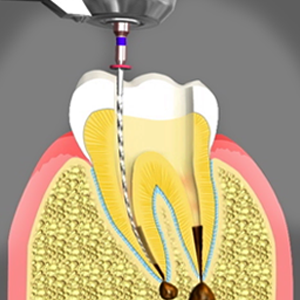
It is a field of dentistry that treats the root canal system. When decay extends to the pulp or the nerve inside the tooth, the person almost always experiences spontaneous throbbing pain. The pain increases at night and is aggravated with cold & sweet foods. The Dentist relieves the pain and pressure symptoms by treating the root canal system which houses the tooth nerve or pulp.
Treatment begins with profound anaesthesia. The tooth nerve is accessed by drilling into the tooth, the infected nerve is removed, canals are cleaned and filled with a bio-inert material.
Following a root canal treatment, the tooth is fragile due to insults from decay and mechanical instrumentation and is prone to fracture. Overtime colour changes are also observed. To protect the tooth from fracture your dentist will advise a crown. Sometimes depending upon the amount of tooth structure that is lost, a post ( a metal or a glass fibre pin ) will need to be placed for added retention of the crown. To learn more please call our office today.
Extractions
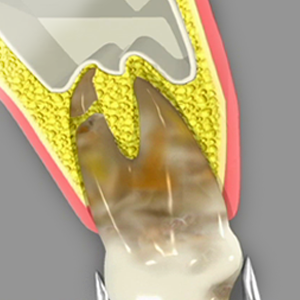
Tooth extraction is performed only when the dentist finds out that pulling it out can improve oral health of the patient. Tooth decay, crowding and risk of dental infection are some of the common reasons for tooth extraction. Dentists make a note of the medical condition of the patient before performing tooth extraction. It is a process done with the help of local anesthesia. Depending on the complexity of the extraction process a surgery may sometimes be necessary. Dentists guide patients on post operation care which helps in quick recovery from the treatment. Pain medicines and ice bags can help reduce pain and avoid swelling after the process is complete.
Complete Dentures
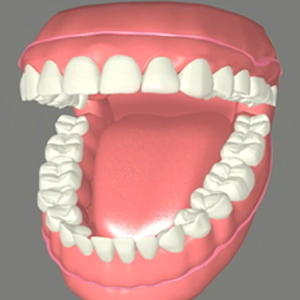
Complete dentures replace full set of teeth from upper and lower jaws of the dentition. They can aid in chewing and biting functions. Dentures can be directly fixed over gums or can be supported by implants. Complete dentures are one of the oldest methods of replacing lost teeth. There are two types of complete dentures, namely conventional and immediate dentures. With immediate dentures dentists can restore teeth in just one visit. The conventional type of dentures has a healing period of few weeks during which the gums shrink. The patient should visit the dentist the second time to get his dentures adjusted after the gums shrink.
Dental Prophylaxis
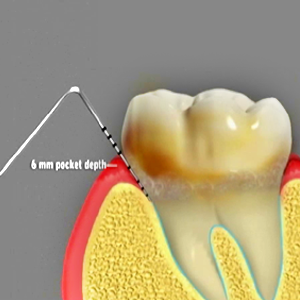
Dental tarter is a layer of deposits formed over teeth which should be removed from time to time. Normal teeth brushing and flossing may not be able to remove certain deposits. Dental prophylaxis is the medical term used for professional dental cleaning. This process is followed by dentists to prevent dental diseases. During the process plaque and other irritants which can cause harm to oral health are removed from the oral cavity. Dental prophylaxis is recommended protect the patients from dental diseases. The team also takes X-rays to check signs of tooth decay and gum infection.
Scaling And Root Planing
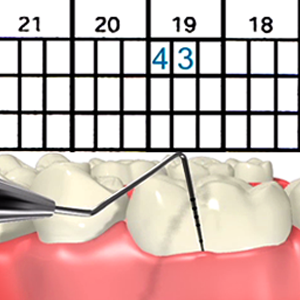
Scaling and root planing also called as deep cleaning is performed to remove tarter and infectious bacteria from the surface of the teeth and roots. Dentists use special tools to remove the tarter from the gum pockets and teeth surface. This can cure and prevent gum diseases. If left untreated periodontal diseases can affect the teeth roots and cause them to loosen and fall out. The process of scaling and root planing can be done in multiple visits. This depends on the amount of tarter present over teeth. After the procedure is complete patients should follow the tips provided by dentists and visit the practice routinely to keep the periodontal disease in control.
Sedation Dentistry

Through the modern miracles of sedation dentistry, dentists can now safely treat anxious patients and often accomplish all dental work in one visit that may have required many more visits without it.
Dental phobia, or fear of the dentist, is not uncommon. In fact, many people avoid dental treatments altogether, as the stress and anxiety can be overwhelming. As a result, dental health deteriorates, but with sedation dentistry, offered at our practice, you can get the smile you've always wanted without the stress and fear of the dental procedures.
Who is a candidate for sedation dentistry?Nearly all patients are candidates for sedation dentistry. But sedation dentistry can help patients who have....
- High fear and anxiety for dental treatment
- Traumatic dental experiences
- Difficulty getting numb
- A bad gag reflex
- Very sensitive teeth
- Complex dental problems
- Limited time to complete dental care
- Inability to control movements due to conditions like Parkinson's Disease or cerebral palsy
If you are one of those patients who hate needles, shots and the noises, smells and taste associated with dental care, call our office for a consultation with our doctor and see how you can be benefited. Don't let anxiety and fears come in the way of your dental care!
How does Oral Sedation work?For dental treatment under oral sedation, you will take a small sedative pill an hour before you come to the office. This will help you feel relaxed and sleepy and by the time you arrive, you will be very drowsy. It is necessary to have a responsible adult accompany you to the office. During your dental treatment, a trained assistant will be with you monitoring vital signs. Our doctor and our experienced team will perform all necessary dental work and though you are in a deeply relaxed state, you will be responsive to any questions or requests. When the procedures are complete, you will be gently awakened and will have no memory of your treatment.










